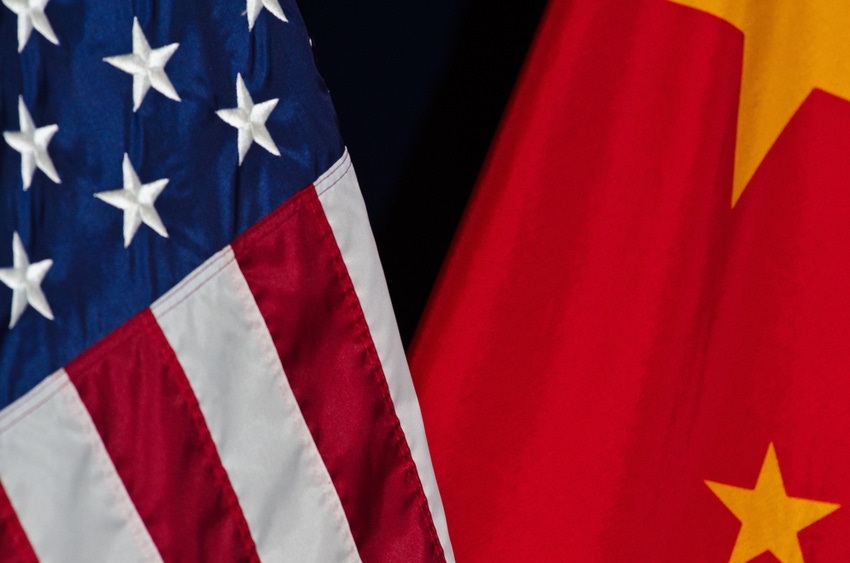Trump, China reach agreement
G20 summit brings agreement that U.S. and China will hold off on tariff increases on Jan. 1.

About the Author(s)
Policy editor, Farm Futures
Jacqui Fatka grew up on a diversified livestock and grain farm in southwest Iowa and graduated from Iowa State University with a bachelor’s degree in journalism and mass communications, with a minor in agriculture education, in 2003. She’s been writing for agricultural audiences ever since. In college, she interned with Wallaces Farmer and cultivated her love of ag policy during an internship with the Iowa Pork Producers Association, working in Sen. Chuck Grassley’s Capitol Hill press office. In 2003, she started full time for Farm Progress companies’ state and regional publications as the e-content editor, and became Farm Futures’ policy editor in 2004. A few years later, she began covering grain and biofuels markets for the weekly newspaper Feedstuffs. As the current policy editor for Farm Progress, she covers the ongoing developments in ag policy, trade, regulations and court rulings. Fatka also serves as the interim executive secretary-treasurer for the North American Agricultural Journalists. She lives on a small acreage in central Ohio with her husband and three children.
You May Also Like
Iowa turkey flocks confirmed with HPAI
October 23, 2023|2 Min Read
Recent Headlines
Current Conditions for
New York, NY
82°F
Mostly SunnyDay 82º
Night 55º
Enter a zip code to see the weather conditions for a different location.
European Commission greenlights Kemin Industries' request for use of rosemary extract as a pet antioxidant
May 2, 2024|2 Min ReadFarm bill news brings cautious optimism
May 2, 2024|4 Min ReadBrazilian floods lift soybean prices
May 2, 2024|5 Min ReadAgricultural management practices evaluated in new nitrous oxide accounting method
May 2, 2024|3 Min Read





